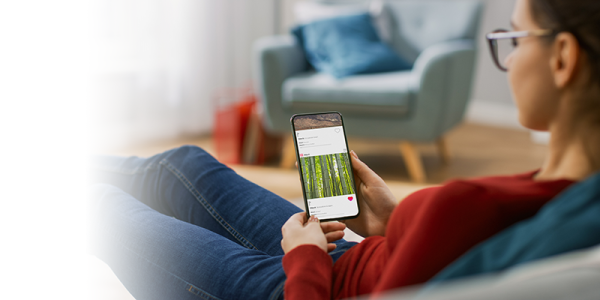


Here are some eye-opening statistics regarding the number of Americans who say they’re hooked on social media:
Social media platforms are designed to be addictive. We hear our phones chirp and instantly want to see what’s new. Our brains release the feel-good chemical dopamine as we scroll and check on the latest posts. The risk of addiction is compounded by the fact that, according to a Pew Research Center survey, more than half of U.S. adults report that they get their news through social media “often” or “sometimes,”. Online news is written to get clicks and tends to highlight stories that are negative, dramatic, or frightening. This leads to an issue that often co-occurs with social media addiction, media saturation overload, also referred to as headline stress disorder, headline anxiety, and doomscrolling.
Preoccupation. You use social media as a distraction from your problems. You check it first thing in the morning and last thing at night and lose track of time when you’re scrolling.
Difficulty controlling use. You find it hard to stop and feel a need to share mundane things about everyday living.
Withdrawal. You feel anxious and grouchy if your Internet is down or you can’t access your social media. You hide your phone use from others because you realize it’s excessive.
Other signs:
Weaning yourself from social media and news overload
This article first appeared in the March 2025 edition of the HealthPerks newsletter.

Identify your risk factors and what to do if you are at risk.